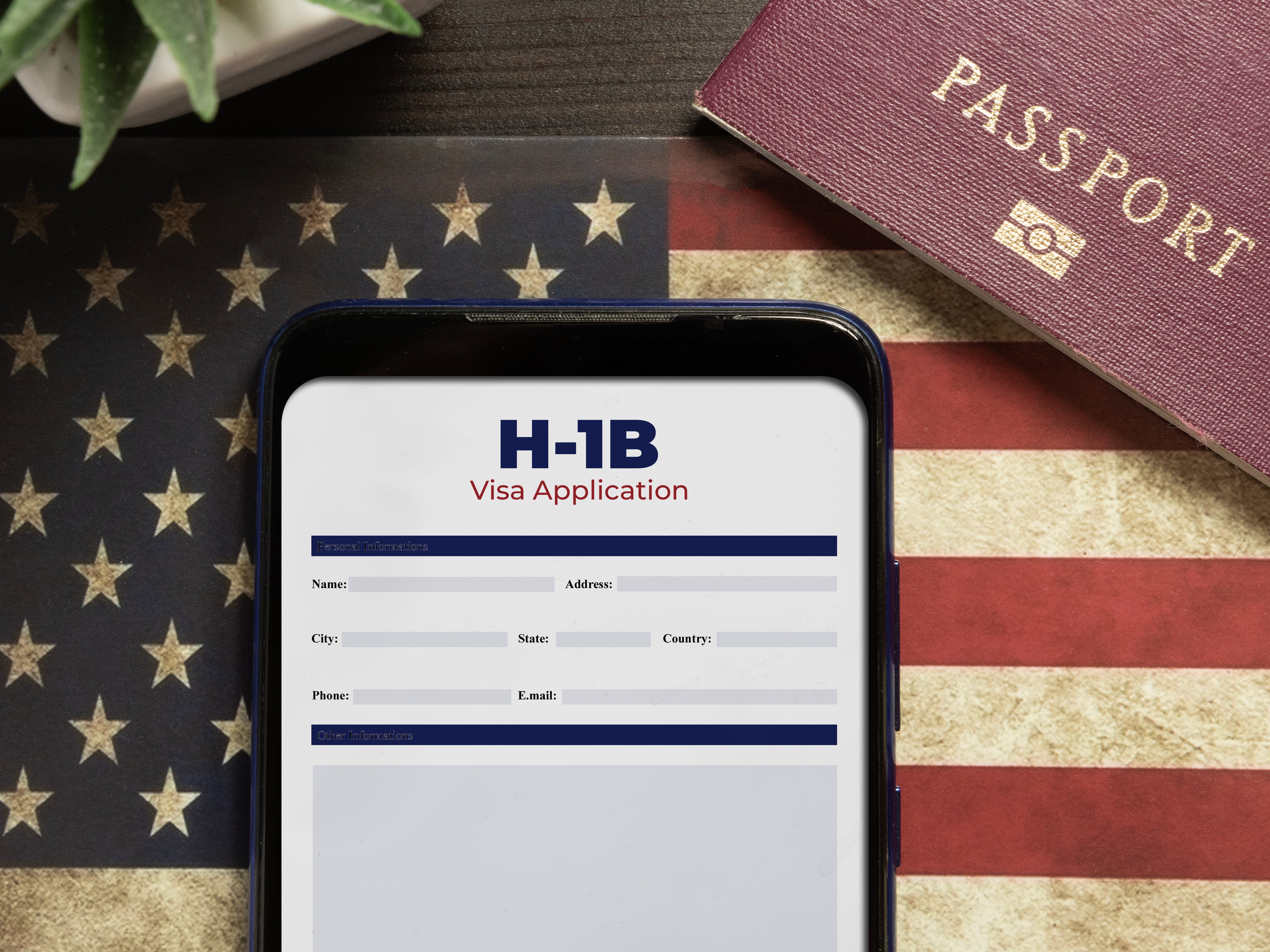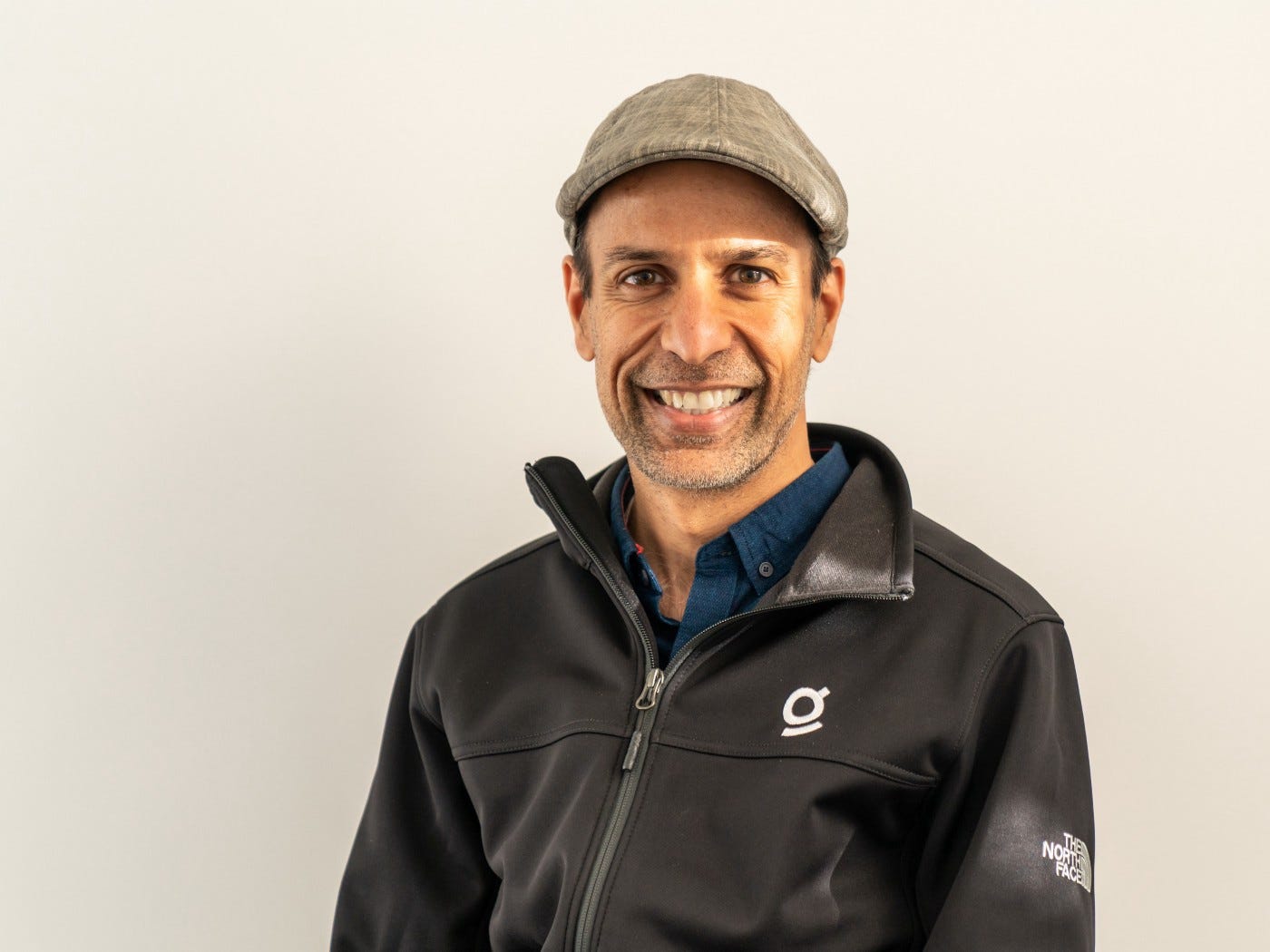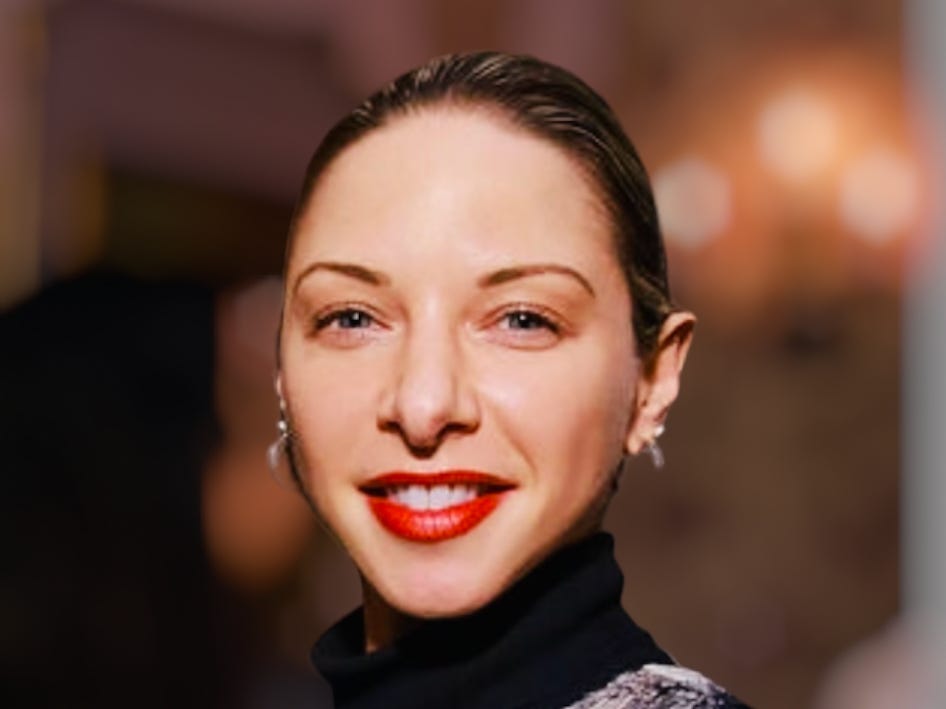
Cristian Storto Fotografia/Getty Images
- Trump’s $100,000 H-1B visa fee surprised Silicon Valley, which relies heavily on the visa program.
- H-1B visas have been key for AI firms looking to hire skilled global talent.
- Industry leaders fear the fee favors Big Tech, hindering startups and US competitiveness.
President Donald Trump’s new $100,000 H-1B visa fee has been the talk of Silicon Valley since it was announced in an executive order a week ago.
Business Insider spoke to AI executives outside Big Tech, who said they worry the fees could hinder progress and limit the potential of startups. It could also help the US develop its own talent, one of them said.
H-1B visas allow US employers to hire highly skilled foreign workers for specialized jobs. These visas have become a mainstay of the tech industry, with tech giants and startups alike hiring thousands of H-1B workers every year.
The news of the executive order sent many in Silicon Valley into a panic as executives, tech workers, and corporate lawyers grappled with the order’s fine print.
Here’s how some AI executives think the changes could affect their companies, their employees, and the wider tech industry.
Arvind Jain, CEO of Glean

Glean
Jain, 49, was born in Jaipur, India. He moved to the Seattle area in 1966 after earning an undergraduate degree at the Indian Institute of Technology in Delhi. His first job in the US was as a software engineer at Microsoft. He founded Glean in 2019 and now serves as CEO.
The company, which first launched as an enterprise search tool, now makes chatbots and AI agents for businesses. It reached a $7.2 billion valuation in June.
Jain shared his thoughts on the visa change in an email to Business Insider:
“The strength of US companies has always come from access to the best global talent — talent that brings diverse perspectives, which drive innovation,” he said. “Limiting access to global talent undermines progress, not just for individual companies but for the technology industry as a whole. We’ll continue to support our employees and advocate for policies that allow the best ideas and talent to thrive.”
Glean declined to share the number of its employees who are on H-1B visas with Business Insider. However, a spokesperson for the company said the policy changes haven’t altered their hiring plans.
“Our focus hasn’t changed — we’ll continue hiring the best talent for the job. Like the rest of the industry, we’re watching these policy shifts closely because access to global talent is critical to innovation,” the company said.
May Habib, CEO of Writer

May Habib
Habib, 40, was born in rural Lebanon as one of eight children. She immigrated to Canada and then the US.
She attended Harvard for undergrad and spent years in the finance industry before founding Qordoba, an AI writing assistant, in 2015.
In 2020, she and Waseem AlShikh founded Writer, an AI platform that develops its own large language models and builds applications for them. The company reached a near $2 billion valuation in November.
In a text message to Business Insider on how the new executive order will impact the tech industry, Habib wrote:
“We’ve been hiring H1Bs since we were 20 people. Both me and Waseem came to the US as non-Americans on visas, and the early people we hired helped us build an LLM company that is competitive with the largest tech companies in the world,” she said. “Adding this $100K fee means that 20-person startups aren’t going to hire people who need H1Bs, and it creates yet another advantage for Big Tech, which threatens to overpower the startup ecosystem that has fueled American innovation for 75 years.”
She added, “Especially given that we build AI models and systems, we think building global, diverse teams is essential.”
Habib told Business Insider that Writer has 10 workers on H-1B visas, and the new policy will not change its hiring plans this year.
Suzanne Rabicoff, founder of The Pie Grower

Suzanne Rabicoff
Rabicoff, 39, is the founder of The Pie Grower, a think tank advising companies on how to manage teams in the age of AI.
In a text message to Business Insider Rabicoff wrote, “My sense is that this is a performative overcorrection to put pressure on American firms to adopt AI (currently what’s holding up the market!) and prevent a serious disaster with underemployed Gen Z.”
She pointed to a LinkedIn post titled “Don’t waste $100K to stand still: Invest in US talent and redesign delivery now,” written by Phil Fersht, the founder of HFS Research, a research and advisory firm that Rabicoff described as “a positive take from one of my favorite research firms.”
Under a subsection titled, “US Graduates are your new talent engine, not a cost center,” Fersht tells employers to rethink their hiring practices.
“Redirect a fraction of the $100K fees into onshore graduate academies. Pay them, train them on live customer backlogs, and move them to billable roles in under six months. Focus on cloud ops, data engineering, test automation, cybersecurity, and applied GenAI,” he wrote.
Rabicoff said she supports immigration and believes it’s “foundational to America’s culture and success.” But she said the new policies could be an opportunity to develop younger workers in the US.
“Reshoring and reinvesting in what and how we produce will be critical for our well-being and financial security as a nation. I mean, can’t we at least try to cook up something superior with the ingredients in our own fridge?!” she told Business Insider.
Unless that talent is developed, she said the new visa fees will ultimately benefit the dominant American tech firms — Facebook (now Meta), Apple, Amazon, Netflix, and Google (now Alphabet), collectively sometimes known as FAANG — above anyone else, since they are the ones who can still afford to bring in highly-skilled foreign workers.
“I can’t help but wonder who really wins from this on the enterprise side in the short-term, which is what matters in the AI race,” she said. “FAANG will be one of the few employment bodies able to afford the best talent and therefore, they’ll continue just competing with each other.”
Read the original article on Business Insider
The post 3 AI execs say Trump’s $100K H-1B visa fee could hinder startups and innovation appeared first on Business Insider.




